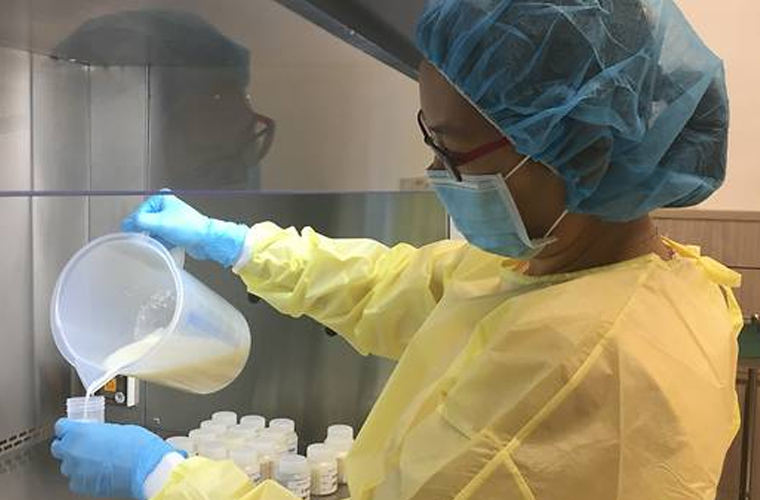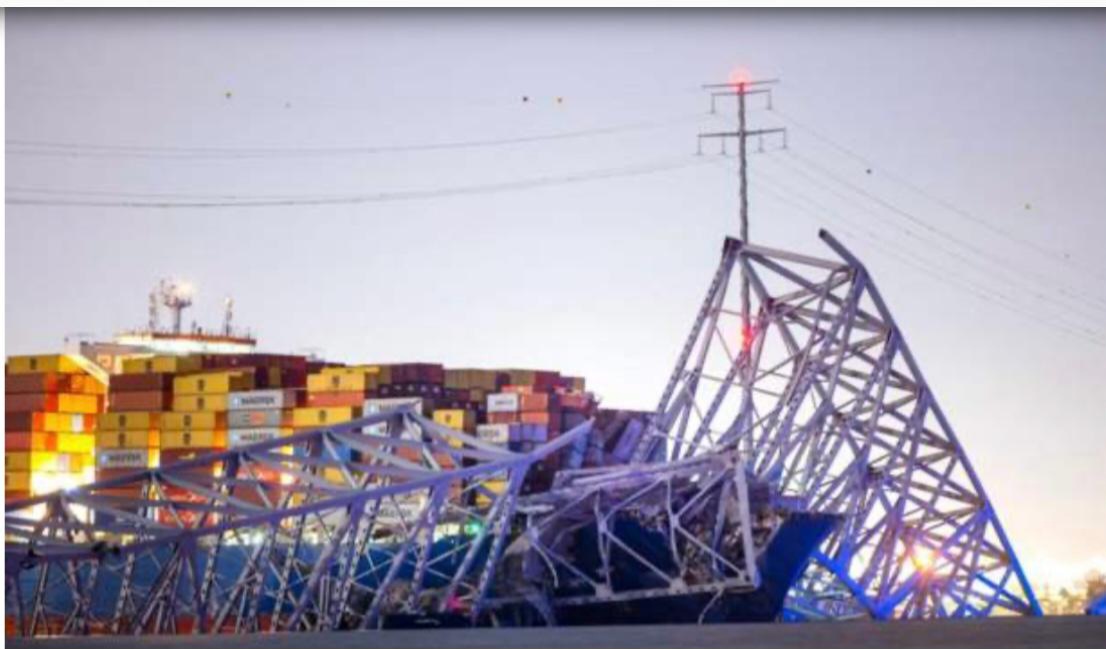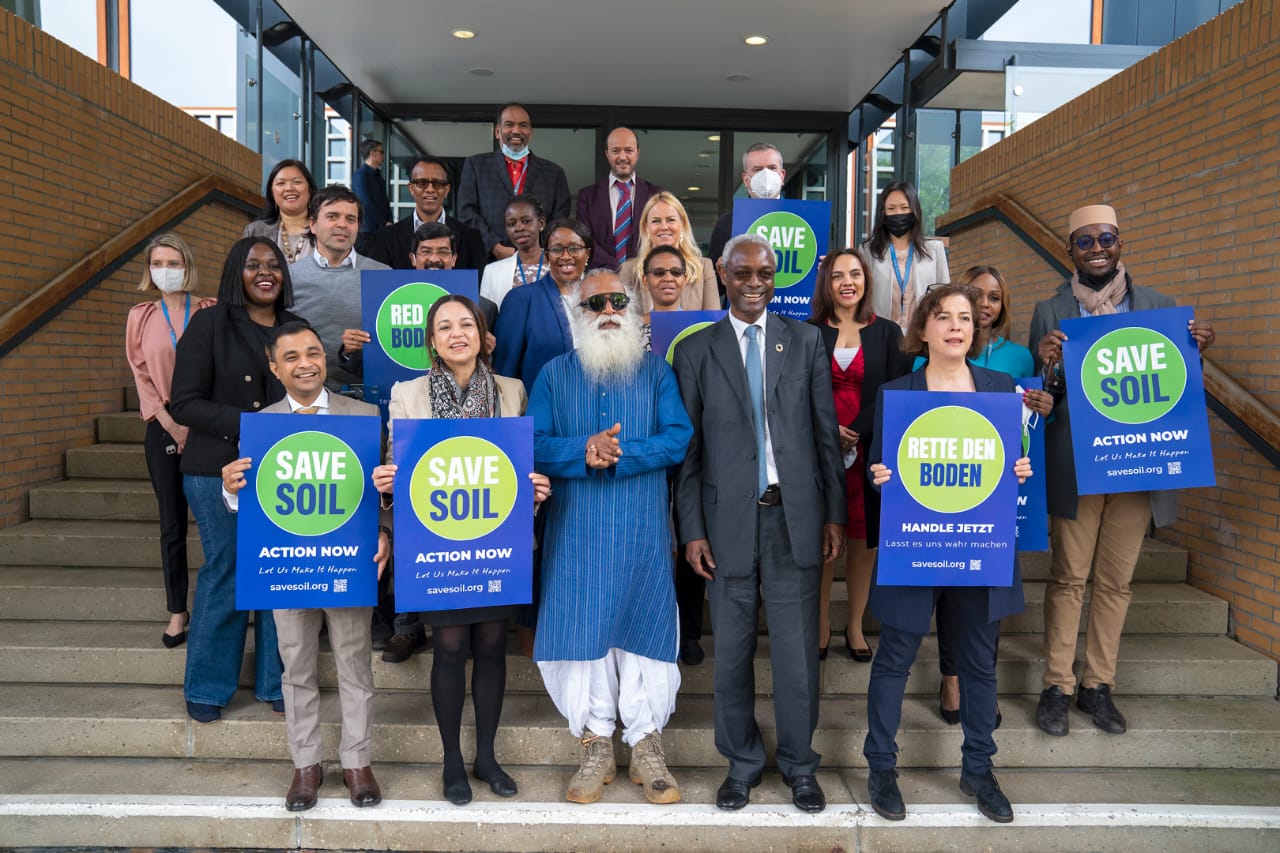Trending Now
- IPL 2024 begins with a bang. First contest between CSK and RCB.
- Election commission allots mike symbol to Naam Thamizhar Katchi
- AIADMK promises to urge for AIIMS in Coimbatore, in its election manifesto.
- Ponmudi becomes higher education minister.
World News
More mothers offering their breast milk online, but is it safe?
![]() August 19, 2017
August 19, 2017
The health risk of sharing this unscreened, unregulated human milk outweighs perceived benefits, say experts. The programme Talking Point investigates, as Singapore’s first milk bank opens
Even as Singapore’s first donor human milk bank opened on Thursday (Aug 17), there is a growing online network of nursing mothers who have been offering and receiving this “liquid gold” among themselves.
Some donate their breast milk via social media groups; others sell it on platforms such as Carousell.
Despite experts’ concerns over safety and ethics, the practice is seen as a godsend by some who are short of breast milk for their infants – while mothers with an oversupply are glad to not see their milk go to waste, the programme Talking Point found out.
At the Facebook page Human Milk 4 Human Babies – where mothers can donate or request for breast milk for free – the community has grown from 2,000 followers in 2010 to over 5,000 today.
Donor Ms Kachee Chin, 30, has more breast milk than her three-month-old daughter, Ariel, needs. She has run out of storage space, even after changing to a bigger refrigerator and buying a separate deep freezer for her milk.
She even brought her excess milk to the office, but also managed to fill up three freezers there too.
she said. “I realised I had no other solution and decided to start donating.”
HAPPY TO SHARE THE MILK
Ms Chin said she has at least half a litre of excess breast milk every day, as her daughter consumes about 800ml a day.
When she first posted on Facebook to donate her breast milk, the response was overwhelming. Within the first week, she had donated to five mothers. Two have since regularly asked her for more.
While she feels good about donating her breast milk to moms and babies in need, not all of them are appreciative of her gesture. She tried following up with some to see “if their babies are accepting my milk, whether it’s enough and do they need more. However, they didn’t reply”.
One thankful recipient is mother Rona Wong, whose supply of breast milk dropped after a year.
She went online in search of a donor as her daughter preferred breast milk, and shortly after, she found a donor who lived near her and had more than enough to share – 170 bags of milk, to be exact.
But how sure was Ms Wong that it would be safe to feed her child another person’s milk?
“I did have some worries, but I went to her house and talked to her,” Ms Wong said. “She is a non-smoker with a balanced diet and she takes multi-vitamins. It’s kind of a mutual trust.”
“CAN I USE YOUR BREAST MILK FOR MILK BATHS?”
Mother of two boys Celine Wah, 27, started out by donating her excess milk too. But several bad encounters with recipient mothers, whom she described as unappreciative, led her to sell her breast milk instead.
“Then the mummy may feel a little pinch if they fork out their own money to pay for it,” said Ms Wah, who prices her milk at S$10 a litre on online marketplace Carousell.
When she first started donating breast milk, she received strange requests from mothers who asked if they could use it for milk baths – as well as those who wanted to know the exact number of milk bags she could give.
“I felt that was very calculative. And there was one demanding mommy who said that she would take milk from me every week. I was like, it’s my choice to donate to whom I want, why should I fix it with you alone? Even my husband was quite shocked,” she said.
“We decided we better not donate anymore because of such constant incidents. That’s how I decided to start selling instead.”
SELLING BREAST MILK OPEN TO ABUSE, SAY DOCTORS
Some feel, however, that breast milk should not be treated as a commodity. While most people that Talking Point spoke to thought it acceptable for mothers to donate their breast milk, one woman said: “(They) should know they are giving it to help another mother or a baby. (Selling) it for self-interest is not right.”
But Ms Wah pointed out: “Some mummies may not be so well-off. They really need the money and they have a few children. If they are able to sell it, they can get cash also.
“Some people are against it because they think it’s supposed to be natural. To me, it works both ways, that’s why I’m donating and selling at the same time.”
Singapore General Hospital’s (SGH) obstetrics and gynaecology senior consultant Yong Tze Tein acknowledged that the current milk-sharing community is an altruistic one, with one mother helping another. She said:
But when it becomes a commodity, there’s a possibility of abuse. The more I sell, the more money I get. But I might also be compromised – what about my own baby? It gets a bit murky there.
Dr Natalie Epton, a paediatrician at SBCC Baby & Child Clinic, compared it to the controversial practice of individuals selling their blood in other countries.
“Unfortunately, that became a situation where people were able to lay their hands on money for doing something relatively easy. That attracted people who are drug addicts and also various other issues. It became a major problem in terms of controlling the quality of blood being donated.
“When you are donating something, you need to make sure it’s not for monetary reward. If you are actually being reimbursed financially it’s not a purely altruistic gesture,” added Dr Epton.
UNSCREENED BREAST MILK IS “SCARY”
Ethical issues aside, the doctors also highlight the health considerations associated with accepting unscreened breast milk – especially when the donor’s background is not immediately apparent.
“Unscreened breast milk sounds scary to me from a doctor’s point of view,” said Assoc Prof Yong. “We need to talk about the lifestyle of the donor, drugs, smoking and alcohol.
And of course there’s their health and infectious diseases such as HIV (which) need to be screened for. Sometimes mothers have infections that they are not aware of.
“It doesn’t end there; the next thing is proper handling and storage, whether there’s contamination.”
The newly-opened milk bank is a collaboration between KK Women’s and Children’s Hospital (KKH) and Temasek Foundation Cares. It aims to serve mothers who face challenges in breastfeeding their premature or sick babies.
The bank will follow strict international guidelines for donor screening, laboratory testing, processing and the storage of the pasteurised milk.
This milk will be pasteurised at 62.5 deg C and tested for bacterial contamination before it is dispensed.
All donor mothers will have to undergo a blood test for diseases such as Hepatitis B and C infection, and they will be allowed to donate only if they lead healthy lifestyles and do not engage in “high-risk activities” such as smoking.
For now, the milk bank will serve only Singapore’s three public hospitals – KKH, SGH and the National University Hospital. It hopes to benefit 900 babies by recruiting around 375 mothers willing to donate their excess supply of breast milk.
Assoc Prof Yong raised her concerns that if everyone is selling or donating breast milk and treating it like a commodity, then Singapore’s first milk bank would not survive as no one would donate to it.
Mr Richard Magnus, chairman of Temasek Foundation Cares, pointed out that one of their biggest worries is whether there is adequate breast milk for the babies who need it.
“I would really encourage mothers who are able to do so to step forward and contribute. This is necessary for the babies,” he said.
“A MILK BANK WOULD HAVE HELPED US”
For first-time parents Josephine Ong and Jonathan Cheng, having access to a milk bank would have helped them greatly when their son, Josiah, was born prematurely at 25 weeks.
To further complicate matters, Madam Ong was struggling with her milk supply.
She recounted how when she first started expressing her breast milk, there were only a few drops. And when she brought it to the hospital for her son, it was rejected as the breast milk was not stored in a sterile enough environment.
The couple said they grew desperate as baby Josiah was supposed to have started feeding. “The doctor recommended that if I continue to have low supply, they might start him on formula milk because he really needed milk at that point.
“We know that premature babies, if they start on formula milk, it’s very hard for them to digest. So there will be other concerns later on,” said Mdm Ong.
THE SAFER FORMULA MILK ALTERNATIVE
The World Health Organisation recommends exclusive breastfeeding for infants up to 6 months of age.
But Dr Epton strongly urged mothers unable to breastfeed to consider formula milk over unscreened breast milk, which is not a safe alternative to breastfeeding.
Formula milk here has been strongly legislated in terms of safety standards and nutritional requirements, she noted.
In our quest to promote breastfeeding, we have perhaps gone too far in terms of demonising formula milk.
“We have forgotten that there is a small but important sub-group of mom who are unable to breastfeed their children for whatever reason.
“Instead of making it impossible for them, we have to consider that if they have exhausted other options and they are unable to breastfeed, we should encourage them to use safe alternatives such as formula milk,” she said.
























